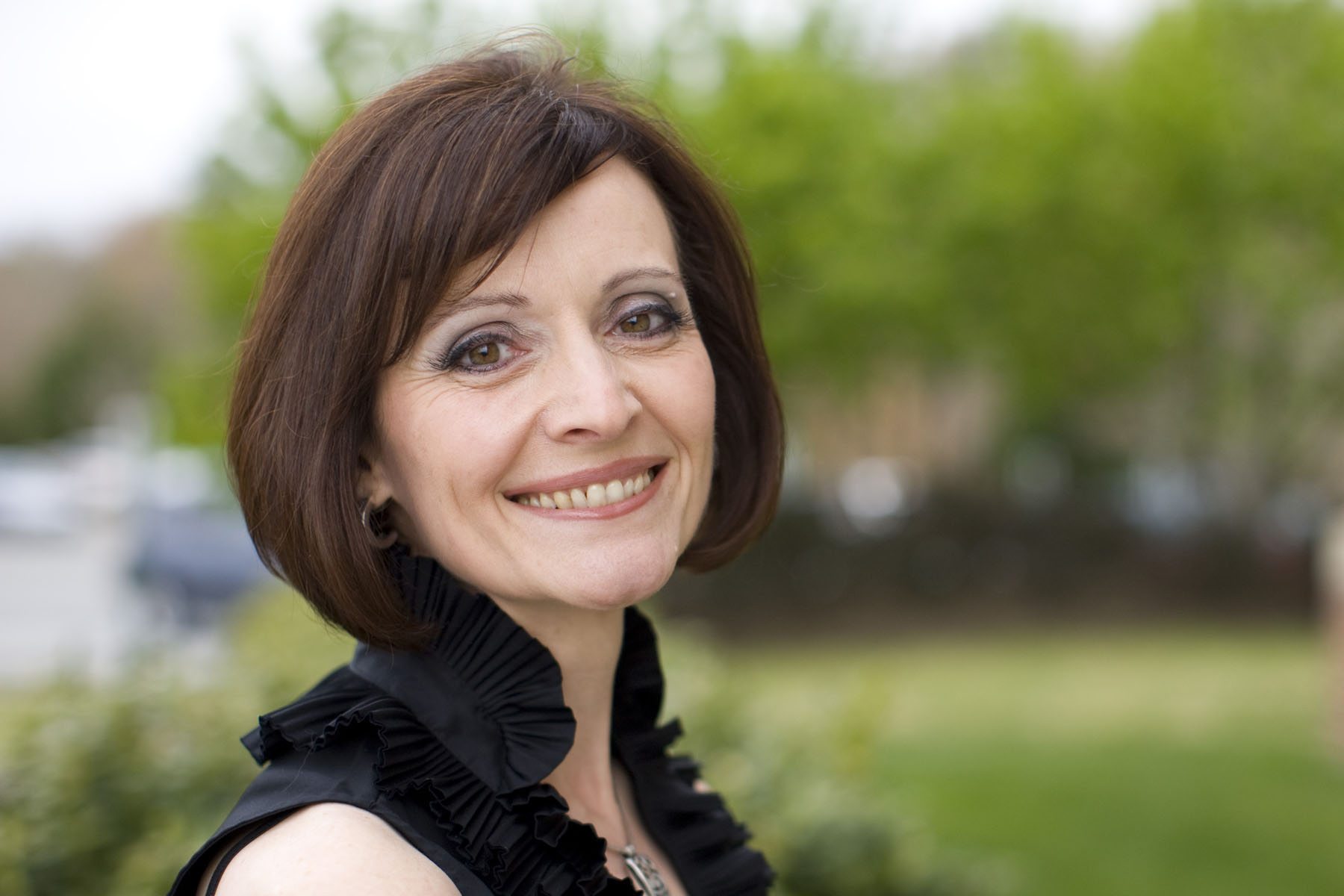Faculty members from the University of Virginia’s Curry School of Education have received a $1 million grant from the U.S. Department of Education’s Office of Special Education for their “Leaders for Tomorrow’s Children” program.
The program aims to prepare leaders in early childhood special education, who will in turn increase the number of professors who can conduct scientifically based research and prepare undergraduate and graduate students to serve infants, toddlers and preschool children with disabilities (birth to age 5) and their families nationwide.
The grant is one of 10 awarded nationwide, each covering a range of ages and populations.
“This age group was identified again by President Obama in this year’s State of the Union Address as critical for development (cognitive, social, language, motor) and in need of universal pre-kindergarten,” said Tina Stanton-Chapman, associate professor of special education and one of three Curry professors working on grant project.
Stanton-Chapman, along with co-recipients and associate professors Stan Trent, an expert in cultural diversity, and LaVae Hoffman, a specialist in child language development and disorders, developed the Leaders for Tomorrow’s Children program as an extension of the current doctoral program in special education that currently focuses solely on mild disabilities.
“Research findings reveal that there are too few doctoral programs in ECSE that can provide high-quality, scientifically-based preparation,” Stanton-Chapman said.
The Leaders for Tomorrow’s Children program is designed to increase the pool of doctoral students in the early childhood special education field.
“The LTC is a new area of emphasis for students that will incorporate a focus on early intervention, early childhood special education, diversity and multicultural education,” Trent said.
Enrolled students will take the courses currently required of special education doctoral students, but will also add four additional grant-required seminars which have a focus on early childhood and diversity.
“We hope to recruit students from diverse backgrounds who currently have a master’s degree in early childhood education, early childhood special education, communication disorders, special education or a closely related field,” Hoffman said.
Before applying to the doctoral program, students must have at least three years of classroom or clinical experience and a desire to conduct research in these areas.
“Seventy-five percent of the grant’s budget is targeted for students,” Stanton-Chapman said. “Students receive full-tuition support for all years of the program, a stipend, funds to travel to one research-related conference per year and research funds to support student-initiated research.”
The doctoral program is four years in length for full-time students. One student is currently enrolled in the program, with three to four more expected to enroll this fall; another cohort will enter in fall 2015. For every year of financial support received, the graduate must work in an early childhood special education-related position or teach early childhood special education pre-service teachers.
“Through the Curry School of Education’s relationships, each Leaders for Tomorrow’s Children student will have the unique opportunity to partner with agencies and school districts that serve children from high-poverty and culturally and linguistically diverse backgrounds,” Trent said.
In each semester of their doctoral program, the students will work with an agency, center or public school that provides early intervention or early childhood special education services. These students then will have opportunities to coordinate parent involvement activities, coach or mentor teachers in the use of evidence-based practices, conduct analyses for data-based decisions, assist teachers in implementing required assessments such as Phonological Awareness Literacy Screening or Response to Intervention, implement lesson plans or conduct research projects within the site.
“We aim to support individuals who are invested in early childhood special education,” Stanton-Chapman said.
More information about Curry’s special education doctoral program is here.
Media Contact
Article Information
February 3, 2014
/content/uva-receives-1m-boost-pipeline-early-childhood-special-education-professors

